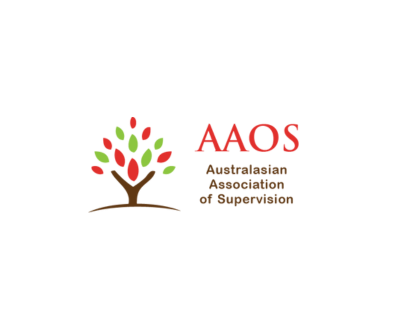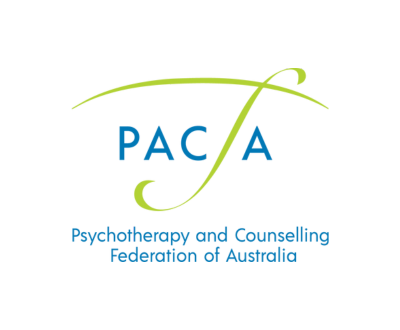Enhancing supervision skills across diverse professional contexts is helpful for supervising people-helpers effectively. This unit delves into the theories and models of professional supervision, emphasising the development of supervisory relationships and the integration of sociocultural and ethical considerations. Students will engage in reflexive practice as supervisors, gaining insights that foster their capabilities in clinical, community, pastoral, and various industry settings.
Find a Course
Explore our wide range of courses available.
Studying with us
Everything you need to know about studying with us.
About
Learn more about our story, people and organisation.
Research
Research that impacts society and the world.









